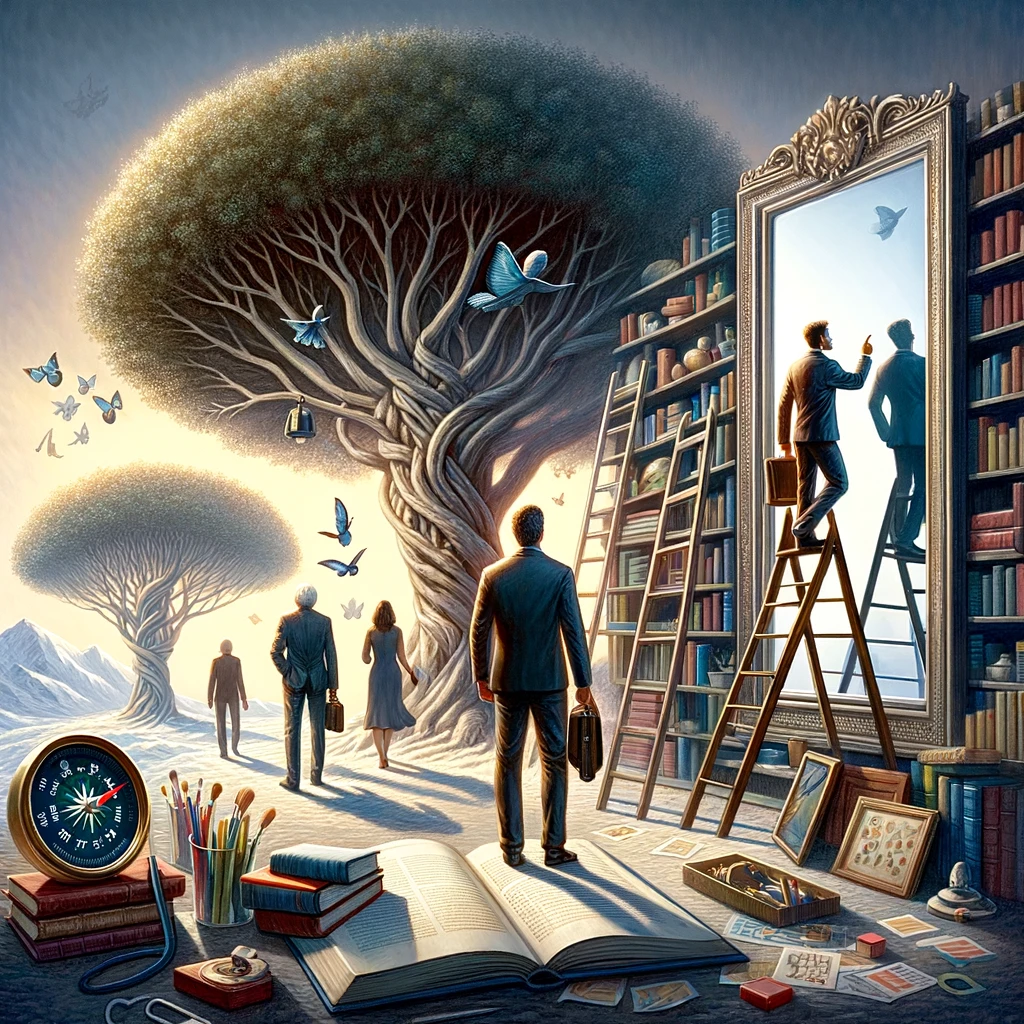
“The Making of Don” is a remarkable book that delves into the behind-the-scenes journey of the iconic Bollywood film ‘Don.’ Authored by Krishna Gopalan, this book offers a unique perspective on the making of a classic commercial masala entertainer, which has earned a cult status among audiences.
One of the standout features of this book is its direct access to the film’s director, Chandra Barot, who shares his insights and experiences. This access allows the author to provide readers with an engaging and thrilling narrative filled with twists and turns, much like the film itself.
The book sheds light on the challenges faced during the production of ‘Don.’ It reveals that the film had limited funding, and producer Nariman Irani was in a make-or-break situation. The lead actors, including the legendary Amitabh Bachchan, Zeenat Aman, and Pran, were all busy with other commitments, making scheduling a significant challenge. Despite these obstacles, the team managed to pull together and create a cinematic masterpiece.
What sets ‘The Making of Don’ apart is its ability to uncover lesser-known anecdotes and stories related to the film’s production. Some of these anecdotes include how used sets from other films were repurposed for ‘Don,’ how costumes were sourced from roadside vendors, and how Chandra Barot lost a significant sum of his own money due to unforeseen circumstances.
The book also explores how the very concept of ‘Don’ was initially met with skepticism within the Bollywood industry. It was considered a risky venture, especially given the limited resources available for a film of this scale. Despite the doubts, the team, led by Chandra Barot, persisted and created a cinematic gem.
Moreover, ‘The Making of Don’ provides readers with a glimpse into the personalities and interactions of the cast and crew. It highlights moments such as Amitabh Bachchan’s initial doubts about playing a double role with a villainous streak, Zeenat Aman missing out on the iconic song ‘Main Hoon Don,’ and how Manoj Kumar suggested adding the hit song ‘Khaike Paan Banaras Wala’ in the second half to provide some respite to the audience.
In addition to these behind-the-scenes stories, the book touches on the support the filmmaker received from the film fraternity, including Amitabh Bachchan, who was willing to forgo a significant portion of his remuneration to support the project. The reuse of sets and the dedication of the actors, particularly Amitabh Bachchan, added to the collaborative spirit that made ‘Don’ a remarkable cinematic achievement.
Overall, ‘The Making of Don’ is a must-read for Bollywood enthusiasts and anyone interested in the filmmaking process. It offers a captivating narrative that brings to life the challenges, creativity, and determination that went into creating this timeless classic. With a rating of four stars, it’s evident that this book is a valuable addition to the literature on Bollywood’s cinematic history.”


